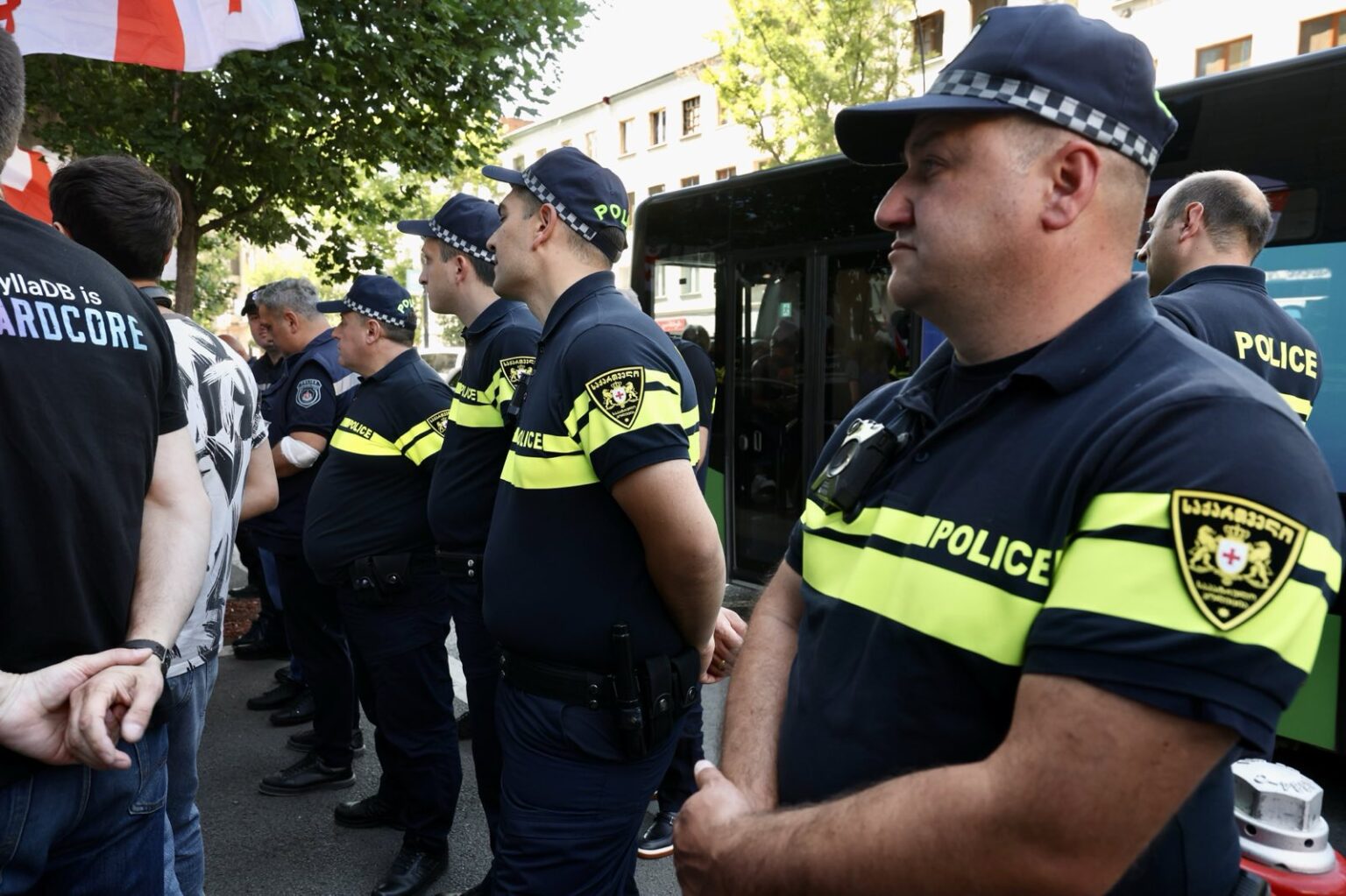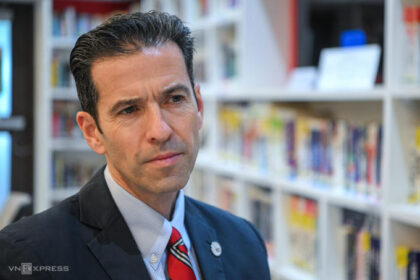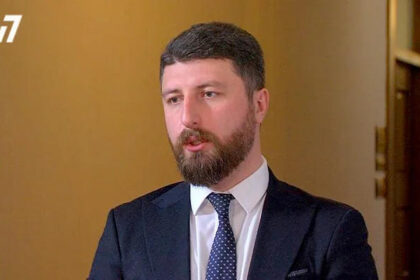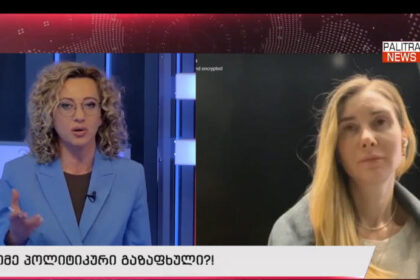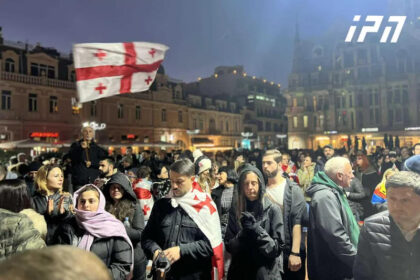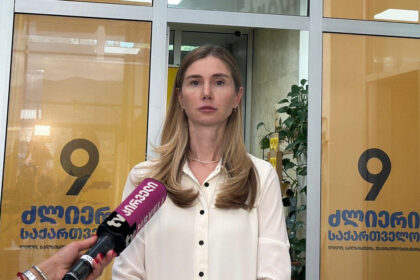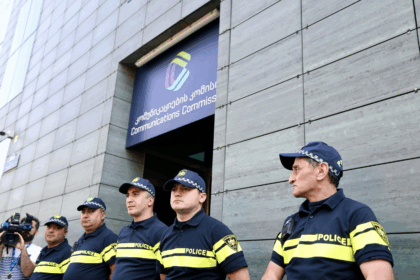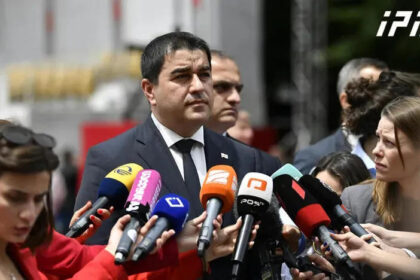**Georgia’s Interior Ministry Denies Targeting Protesters with Drug Tests**
The Georgian Interior Ministry is pushing back against claims that it is targeting protesters and opposition members with drug tests. In a statement released on July 9, the ministry said that only 314 people were tested for drugs across the country over the past week, rejecting allegations that they were singling out specific groups.
According to the ministry, of those tested, 240 people tested positive for drugs, while 23 refused testing. Those who tested positive and those who refused will face fines under Georgian law. The ministry stressed that its efforts are aimed at combating the spread of narcotics and serving the best interests of society.
This move comes amid reports from activists and opposition party members that they have been rounded up by police for drug checks. On July 8, several Lelo party members reported being approached by police for testing, with some claiming it was a new form of intimidation. Additional reports emerged on July 9 of drug checks targeting members of the opposition Girchi-More Freedom party.
**Critics See Intimidation**
The Georgian Dream government’s critics see these actions as part of a broader campaign to intimidate opponents and stifle dissent. The government has intensified its anti-drug rhetoric and tightened policies, including criminalizing small marijuana possession and banning private entities from providing opioid replacement therapy.
In May, the Interior Ministry was granted authority to inspect foreigners’ homes and workplaces without a warrant, sparking concerns about human rights abuses.
**”Disinformation” Claims**
The Interior Ministry called claims of targeted drug testing “a false campaign” aimed at misleading society. In its statement, it urged media representatives to share responsibility in the fight against narcotics by reporting accurately.
However, critics argue that these measures are designed to quell opposition and dissent, rather than genuinely combat drug use. They point out that similar policies have been used in other countries to target marginalized communities and silence activists.
**The Broader Context**
The Georgian Dream government has faced criticism for its handling of protests and opposition activities. In recent months, there have been reports of police violence against protesters and the arrest of activists on trumped-up charges.
As Georgia prepares for parliamentary elections next year, these moves may be aimed at silencing opponents and maintaining a grip on power. Critics warn that these actions will only serve to further polarize society and undermine trust in institutions.
Read More @ civil.ge




